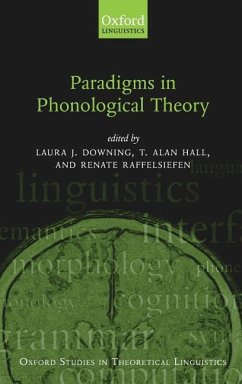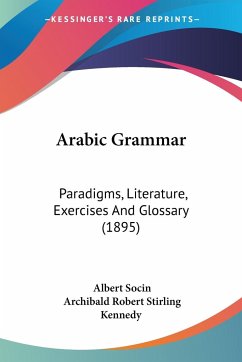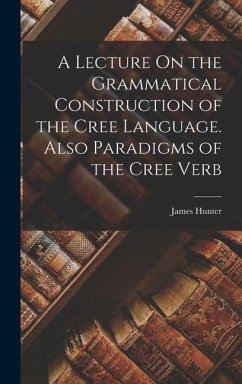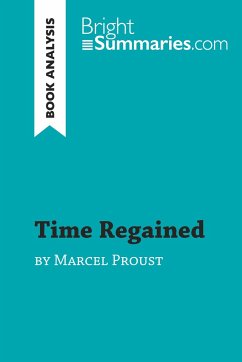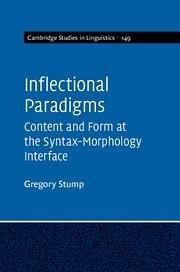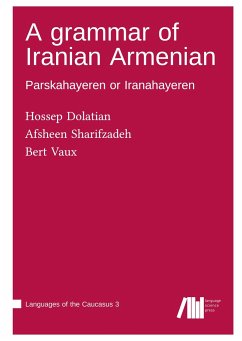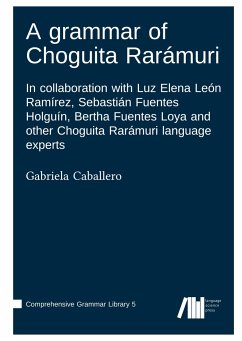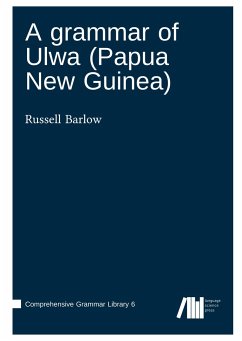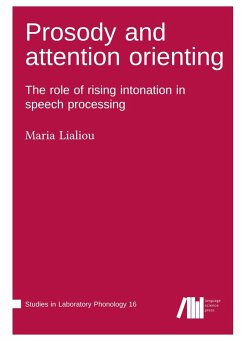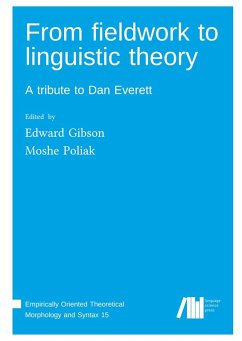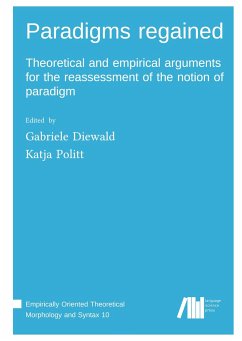
Paradigms regained
Versandkostenfrei!
Versandfertig in 1-2 Wochen
40,00 €
inkl. MwSt.

PAYBACK Punkte
0 °P sammeln!
The volume discusses the breadth of applications for an extended notion of paradigm. Paradigms in this sense are not only tools of morphological description but constitute the inherent structure of grammar. Grammatical paradigms are structural sets forming holistic, semiotic structures with an informational value of their own. We argue that as such, paradigms are a part of speaker knowledge and provide necessary structuring for grammaticalization processes. The papers discuss theoretical as well as conceptual questions and explore different domains of grammatical phenomena, ranging from gramma...
The volume discusses the breadth of applications for an extended notion of paradigm. Paradigms in this sense are not only tools of morphological description but constitute the inherent structure of grammar. Grammatical paradigms are structural sets forming holistic, semiotic structures with an informational value of their own. We argue that as such, paradigms are a part of speaker knowledge and provide necessary structuring for grammaticalization processes. The papers discuss theoretical as well as conceptual questions and explore different domains of grammatical phenomena, ranging from grammaticalization, morphology, and cognitive semantics to modality, aiming to illustrate what the concept of grammatical paradigms can and cannot (yet) explain.



